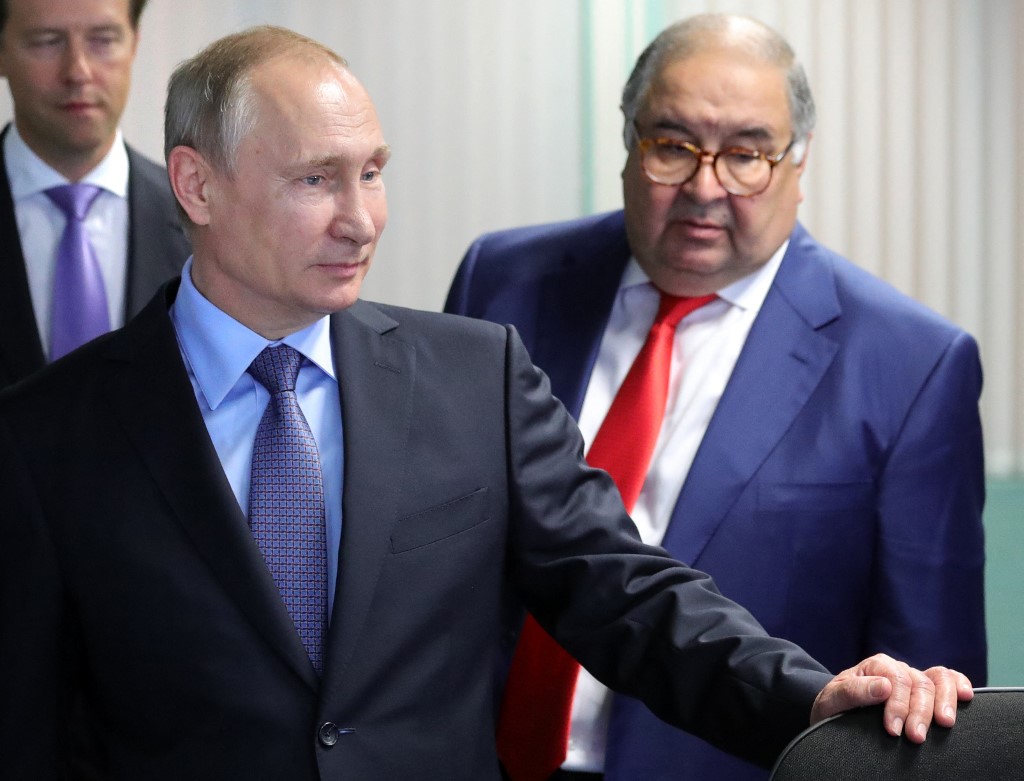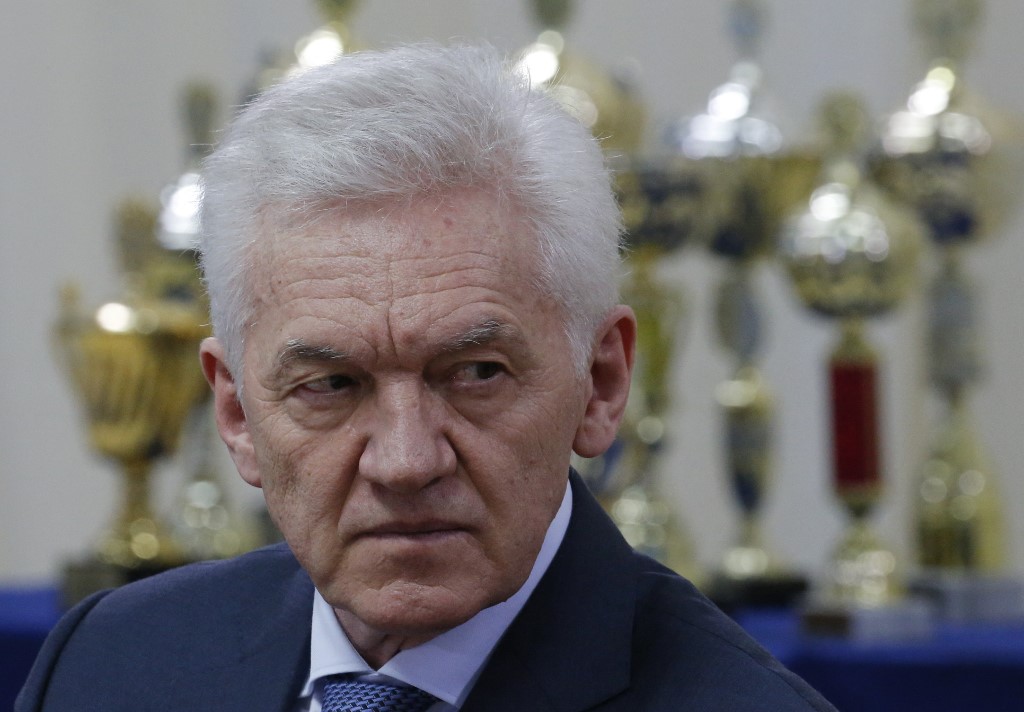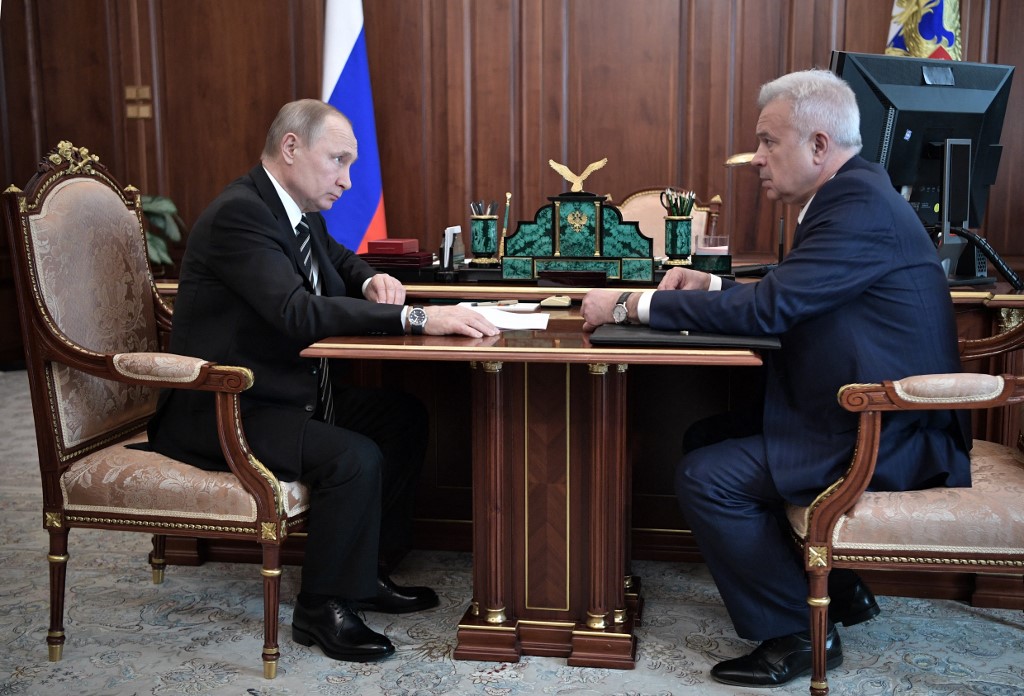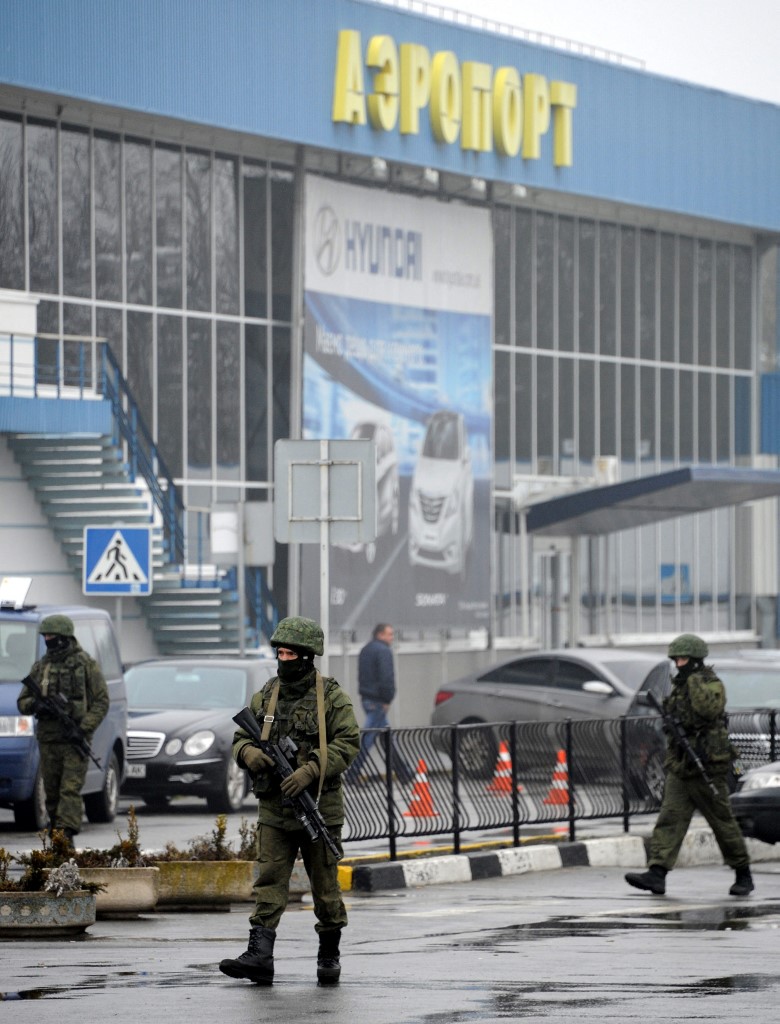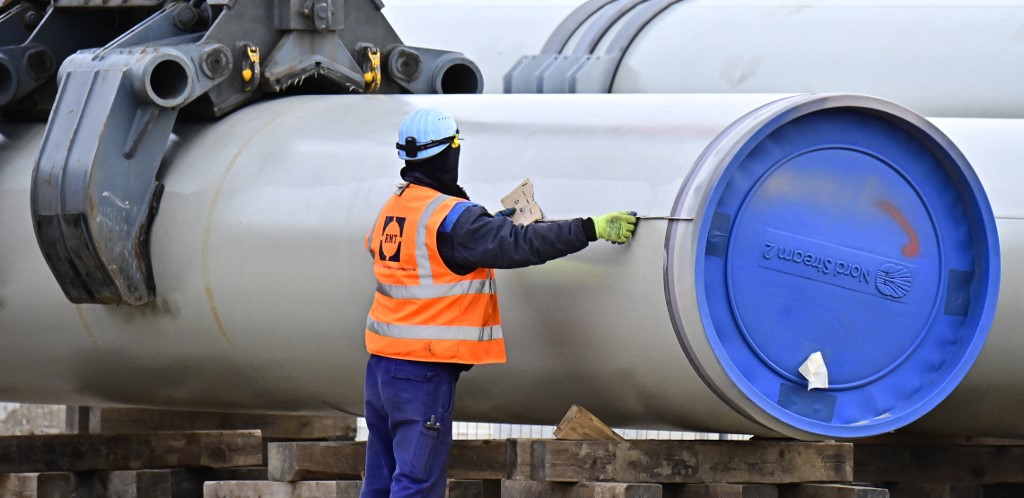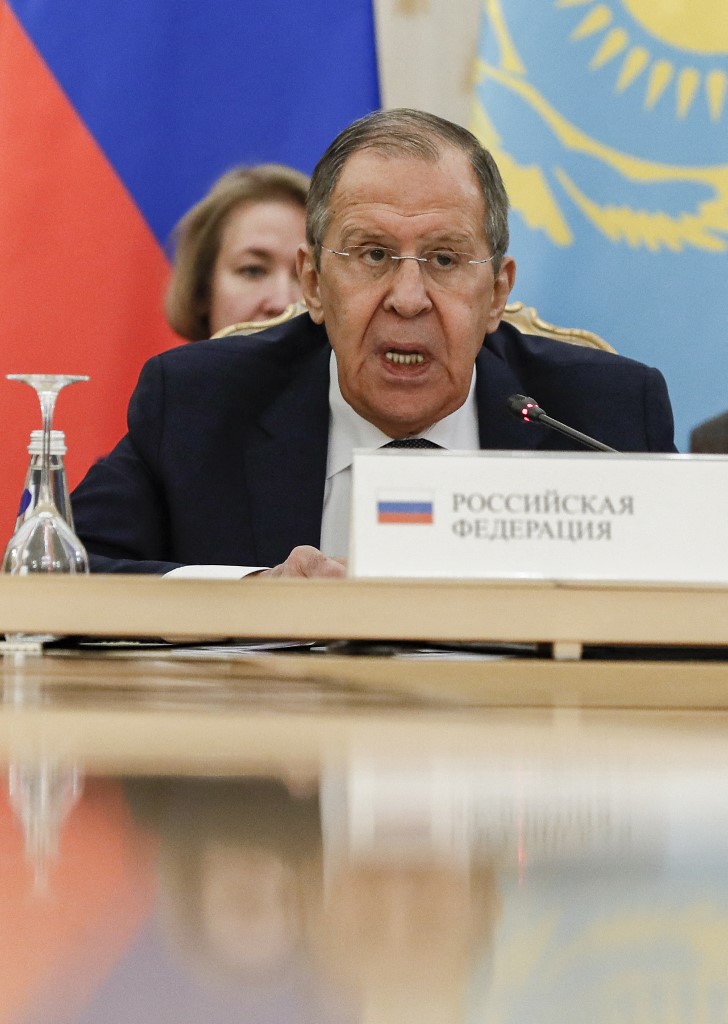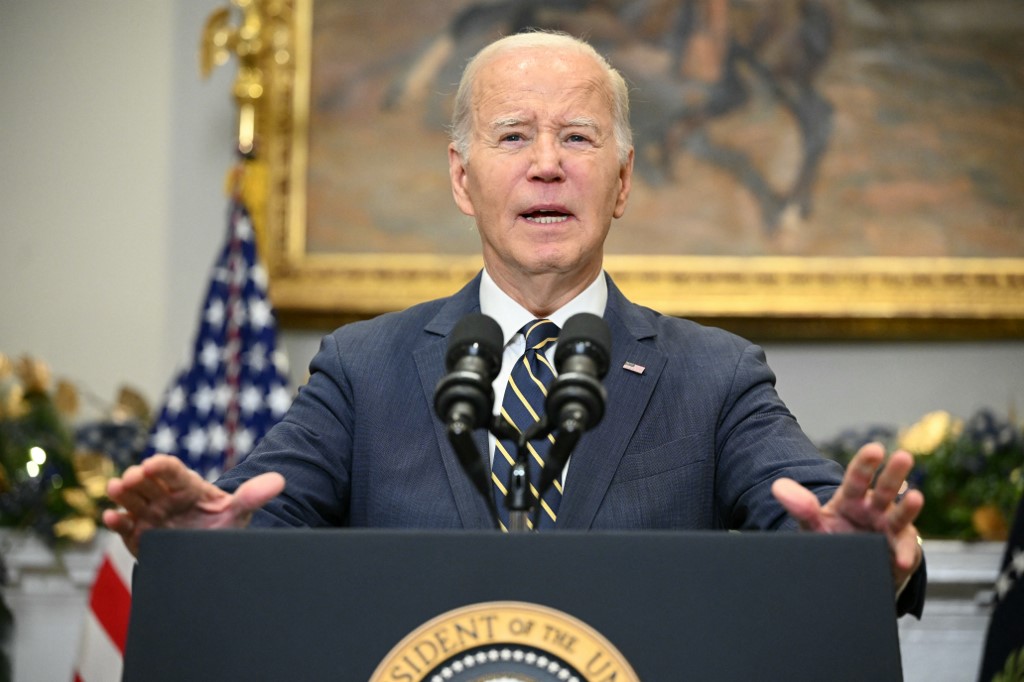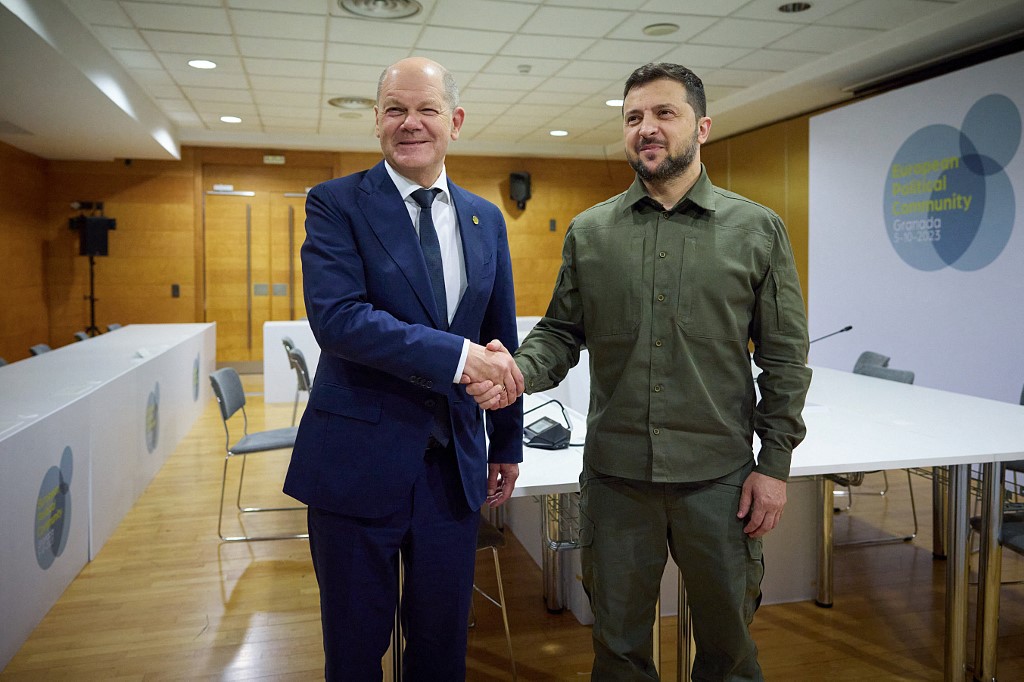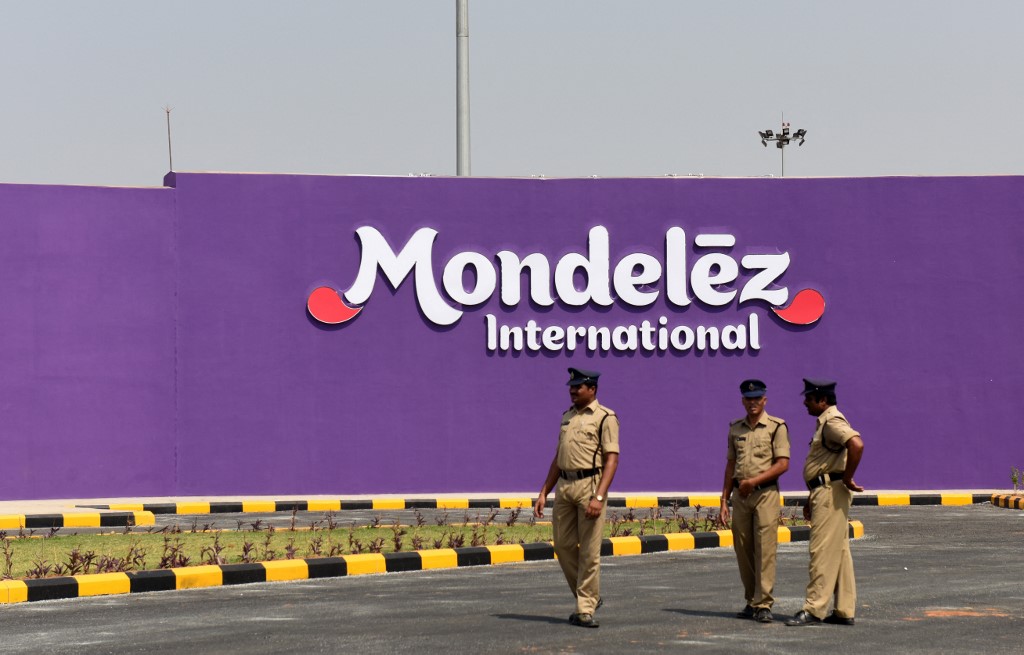Why Western Sanctions Against Russia Are Failing to Stop the War in Ukraine
According to the latest Bloomberg Billionaires Index ranking in early December, the wealth of Russian oligarchs has increased by nearly $40 billion.
The list features the 500 richest people worldwide, and six Russians landed among its top 100 billionaires.
Despite the international sanctions imposed by the West against Russian companies and individuals for waging and supporting the war in Ukraine, since the beginning of 2023, the fortunes of Russia’s businessmen increased by $38.575 billion.
For example, Alisher Usmanov, a Russian oligarch and the former president of the International Fencing Federation managed to increase his wealth by almost $2 billion despite being sanctioned by the European Union, the United States, Great Britain, and other countries.
Usmanov owns a significant share in many sectors of the Russian economy, particularly in metallurgy and mining, telecommunications, and information technology.
He is also said to be close to several high-ranking Russian officials, including Russian President Vladimir Putin and Dmitry Medvedev, the current deputy chairman of Russia’s Security Council and former Russian president and prime minister.
In August of this year, Usmanov claimed that the sanctions had caused him “enormous” losses in reputational damage. He attempted to challenge them but was unsuccessful.
The list of individuals who improved their financial situation also includes Leonid Mikhelson and Gennady Timchenko. Both are sanctioned oligarchs and shareholders of the Novatek gas company. It is estimated that they made almost $3 billion each. Timchenko is considered a close friend of Putin.
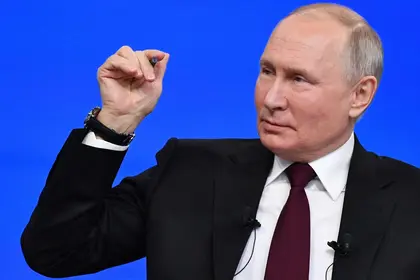
Similar topics of Interest
Putin Vows ‘Harsh’ Punishment For Meddling in Russia Vote
Last week, he announced he would run for a fifth presidential term in the March 2024 election, with little doubt surrounding his victory after almost 25 years in power.
According to a report by the Russian opposition publication, Vazhnye Istorii, their company helps procure mercenaries for the war against Ukraine.
Vagit Alekperov, another sanctioned businessman and the co-founder of Lukoil, a leading Russian oil company, also made it onto the list. He was able to increase his fortune by almost $10 billion. Alekperov invests heavily in Russian companies – and is thus dependent on the Kremlin’s continued goodwill.
The financial success of the Russian oligarchs raises questions about the effectiveness of economic sanctions. Despite expectations that the Russian economy would collapse and the fortunes of its richest would crumble, compelling the authorities to stop the war on Ukraine, the opposite is observed.
So, are the international sanctions against Russia effective?
Sanctions didn’t stop the full-scale invasion
The West’s first sanctions against Russia were imposed back in 2014 when the Kremlin occupied Ukraine’s Crimea and part of the Luhansk and Donetsk regions.
The sanctions list included individuals from Russia and Crimea who sided with the Kremlin, companies of the military-industrial complex, the key sectors of the Russian economy, and others. This caused the ruble to tumble.
The Kremlin took counteractions, however. For example, in 2015, Putin signed a decree on the destruction of sanctioned imported products entering the territory of Russia. In 2016, the Russian budget set aside 5 billion rubles for this purpose, and video evidence of compliance with Putin’s decree appeared on social media.
The sanctions that were enacted failed to stop Russia from preparing for a full-scale war with Ukraine.
Before the invasion, the Kremlin was repeatedly warned about the harsh sanctions that would follow if hostilities took place.
On Feb. 22, 2022, just two days before the start of the full-scale war, the US approved four packages of sanctions against Russian banks and oligarchs.
Europe followed suit: Germany halted the procedures for launching Nord Stream 2, and the EU introduced sanctions against Russian lawmakers.
Russian invaded Ukraine regardless.
Who’s sanctioning Russia?
Three days after the full-scale invasion, on Feb. 25, world leaders began working to enact a new level of sanctions policy against the Kremlin.
Putin’s assets and those of Foreign Minister Sergey Lavrov, as well as the members of Russia’s National Security and Defense Council who directly supported the start of the war, were immediately frozen.
The EU has since adopted 11 sanctions packages against Russian high-ranking politicians, oligarchs, and large corporations.
The International Working Group on Sanctions against Russia – chaired by Andriy Yermak, the Head of the Office of the President of Ukraine, and Michael McFaul, the director of the Freeman Spogli Institute of International Studies (FSI) and ex-adviser of the US President on national security – started its work in Ukraine.
The group invited leading global experts from various fields to shape future sanctions packages against Russia.
When readied, the documents are forwarded to the EU, US, Canada, Japan, and other countries for further examination and potential implementation.
The utilization of advanced analytics enables Ukraine’s partners to swiftly identify the areas where the implementation of sanctions is necessary to achieve the desired outcomes.
“No one knows Russia’s economy better than we do,” Vladyslav Vlasyuk, adviser to the President’s Office and secretary of the International Working Group on Russian Sanctions, told Kyiv Post.
Although Ukraine is not yet a member of the European Union and is not directly involved in its sanctions policy, it unofficially helps it and other international allies.
“To propose imposing sanctions, one needs to shape and analyze the suggestion. And one needs to be able to deliver,” he said.
Vlasyuk said that Ukraine’s collaboration with its partners is productive. However, he said that each country has a different approach to this process.
The Baltic States are in favor of implementing as many strict sanctions as possible due to their proximity to Russia and the possibility of being the next target of the Kremlin’s occupation plans, he said.
In contrast, Germany places a higher priority on analyzing the impact of sanctions on its economy.
In January 2023, David O’Sullivan was appointed as an EU Sanctions Envoy. He pays a great deal of attention to individual countries’ attempts to help the Kremlin circumvent sanctions.
Vlasyuk also said that the G7’s actions are no less important.
For example, recently, the G7 announced their intention to impose import restrictions on Russian diamonds – one method Russia uses to circumvent sanctions – by Jan. 1, 2024.
Are the sanctions working?
Given the coordinated work in imposing sanctions and international support for Ukraine, one might have expected the Russian economy to collapse within a short period.
It hasn’t.
In March last year, Robin Brooks, the chief economist of the International Institute of Finance, predicted that Russia’s GDP would “fall 30 percent by end-2022, far worse than 2009.”
Nataliia Shapoval, the head of the Kyiv School of Economics (KSE) and a member of the Yermak-McFaul Expert Group on Russian Sanctions, said that many experts had inflated expectations – after all, large-scale sanctions on a state like Russia were not something anyone had any prior experience with.
In a recent study of the Russian economy, the KSE experts stated that it had already managed to recover from the sanctions.
Last year, the Russian economy only fell by 2.1 percent. And in 2024, slight growth is expected.
The International Monetary Fund (IMF) said Russia’s economy will grow by 1.1 percent in 2024, which is lower than previously forecast.
This happened due to the rise in oil prices and the recovery of revenues from energy sources, which reduced the pressure on Russia’s budget deficit.
The IMF said Western sanctions on Russian crude oil exports had a mixed effect, with Russian oil still trading above the $60 price ceiling set by the G7 nations.
The Kremlin also consistently claims that the Russian economy is doing great: “Russia has been living under sanctions for decades, and we have adapted to it pretty well,” said Putin’s press secretary Dmitry Peskov.
In addition, the Soviet past also helped Russia to swiftly adjust to sanctions and start producing necessary goods from within the country. However, this has reportedly had a detrimental effect on the quality of most goods.
Is the Russian economy really doing just fine?
In general, the EU’s sanctions policies are working, Vlasyuk said.
According to some experts, it is not advisable to rely on the data provided by Russia, as it has restricted the publication of economic information.
As a member of the IMF, Russia is supposed to submit accurate and trustworthy statistical data.
However, in a comment to The Wall Street Journal, Petya Koeva Brooks, the IMF deputy director for research, said that now there is less available data on Russia’s economy: “We’re using what is available through the official sources, as well as a number of other indicators provided by third parties, including on exports and imports and such where one can look at the numbers in a broader context.”
Meanwhile, World Bank President David Malpass said that despite the Kremlin’s rosy statements, the reality is different: “The people of Russia are harmed massively by Russia’s invasion of Ukraine.
“The GDP numbers don’t fully disclose that. It has to do with their life, their living standards and the exit of many young people from Russia.”
Meanwhile, the price of eggs in Russia has shot up across 13 time zones with some residents of the world’s biggest country queueing up to two days to get some, news reports said on Dec. 11.
An egg crisis is starting to “boil” in Russia and in occupied Crimea.
In Belgorod, huge queues lined up for cheap eggs. People began to gather as early as 7am, despite the frost.
Some stores even introduced restrictions on sales: you can buy no more than 20 eggs per customer. pic.twitter.com/FYQPwdpphk
— War_Watcher 🇺🇦🇬🇧 (@war_crimes_uk) December 10, 2023
From the macro view, it’s safe to say that the Kremlin had prepared for the war, however.
It has substantial financial reserves and continues to increase defense and war expenditures despite rising prices, inflation, and the fall of the ruble.
In addition, Russia has strengthened its economic relations with Beijing – increasing its Chinese imports.
The Kremlin has also managed to bypass Western sanctions on the sale of oil and even increased its earnings.
The policy of setting a ceiling for Russian oil prices ($60 per barrel) led to the growth of the so-called “shadow fleet,” which became an alternative way to buy Russian oil, bypassing sanctions.
Some analysts claim that in 2022 and 2023 Russia earned upwards of $382 billion from oil sales alone.
When Russia lost significant revenue from selling natural gas to many Western markets, it focused instead on selling to countries that would help it to circumvent the sanctions – countries such as Turkey, China, Central Asian countries, and the United Arab Emirates.
Meanwhile, due to the freezing of Russian assets worth $300 billion in the US and Europe, the Kremlin is forced to spend money from its National Welfare Fund (NWF).
As of Sept. 1, the NWF amounted to 11.87 trillion rubles ($197 billion), or 8.9 percent of the GDP forecast for 2022.
But a month later, as of Oct. 1, the Fund’s assets stood at approximately 10.79 trillion rubles ($188 billion) or 8.1 percent of its GDP for 2022.
Thus, over the course of a month, its assets had decreased by more than 1 trillion rubles ($11 billion).
Efforts to hold those still doing business in Russia to account
Many foreign companies have left the Russian market and continue to do so.
Relations with the Russians are becoming increasingly risky for international business.
Those who continue to work in Russia or maintain contacts with Russia are labeled as “international sponsors of war,” which hurts their reputations.
The National Agency on Corruption Prevention (NACP), has established an open database called “International Sponsors of War.”
This database contains information about the international companies that continue to operate or do business with Russia.
According to Agia Zagrebelska, an NACP official, by listing these companies in the database, Ukraine is reminding them that they are indirectly supporting the Kremlin’s war crimes by paying taxes into the Russian budget.
While there are no sanctions imposed against these businesses, being listed on the database can be negative. The companies can cause diplomatic problems, which in turn can lead to a decline in the value of their shares.
For example, Mondelez International, one of the world’s largest snack makers – producing household brands like Oreos, Chips Ahoy!, Ritz, Philadelphia, Clif and more – this year faced boycotts in Sweden and Norway due to its being on the NACP list.
Read More:Why Western Sanctions Against Russia Are Failing to Stop the War in Ukraine

